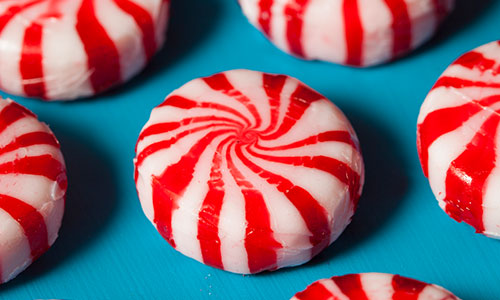With so much information swirling around the internet about what is good (and bad!) for your oral health, we’ll be put together a series of handy Oral Health Survival Guides which will help you to keep your teeth in tip top condition.
In Vol. 1 we’re dispelling the myths around some of your favourite every day treats, and some everyday items that you may not even have realised were a threat to your oral health.
Alcohol

There are two main ingredients which can affect your oral health in alcohol; sugar and acids, both which are present in most alcoholic drinks, and the fizzy soft drinks that we choose to mix them with.
A lot of alcoholic drinks are very acidic making your teeth more vulnerable to decay, but there are a couple of other side effects to drinking alcohol that you may not realise.
We’ve all come home after one too many and forgotten to brush our teeth before bed, but consider the impact this is having. After an evening consuming sugary, acidic drinks, bacteria is then left overnight which can lead to cavities. Another side effect can be vomiting after drinking in excess. This brings stomach acid into the mouth and into contact with the teeth, which can lead to tooth enamel being dissolved.
What can you do?
- Try to rinse your mouth with clean water in between drinks
- Chew sugar-free gum on your way home. This will help to increase salivary flow which neutralises the acid and helps to wash away the sugars
Toothpastes

You may not have realised this, but you do need to be careful when selecting a toothpaste for you and your family to use. Many types of toothpaste are actually highly abrasive and can strip away tooth enamel, leading to pain and sensitivity.
What can you do?
- Check your toothpaste. If it states that it is over 100 RDA (relative dentine abrasivity), then you should consider changing
- Well known brands like Sensodyne and Colgate Total are minimally abrasive – so try to stick to these.
Hard foods

Chewing hard boiled sweets and even ice can crack and chip your teeth. You may feel as though your teeth are indestructible, but we can assure you they aren’t, so to avoid that dreaded cracking sound and the sharp pain that follows, you should think about making some changes.
What can you do?
- Resist the temptation to crunch those boiled sweets! Sucking them makes them last longer and is a sure fire way to avoid the dreaded crack
- If you like to chew on ice, switch from cubes to crushed to minimise the risk
Sports drinks and fizzy drinks

Like alcohol, these contain a large amount of sugar and acids that can help to cause decay. Even sugar free versions are almost as bad, as although they don’t contain the sugar, they are still highly acidic. Did you know that a single sip of fizzy juice will take your mouth 20 minutes to naturally naturalise the acid that is left behind?
What can you do?
- Reduce the number of sugary and carbonated drinks that you take
- If you must continue drinking this type of drink, try to use a straw to minimalise contact with your teeth
- Try to limit drinks to mealtimes – the food can often help to neutralise the acid
- Do not brush your teeth straight after drinking a fizzy drink. Due to the high acid content in your mouth, brushing straight away can actually help to speed up decay – you’re essentially rubbing the acid into your teeth!
- Instead, give your mouth a good swirl with water for about 20 seconds and use sugar free gum afterwards
Smoking

Smoking can actually disguise the warning signs of gum disease. Regular smokers’ mouths have a reduced blood supply, and so gum disease can progress silently without you noticing any major signs and symptoms, such as bleeding gums. Often the first sign is when the teeth start to become loose, which can be a major concern.
What can you do?
- Share your concerns with your dentist. If you’re a smoker, let the dentist know. This way we will be able to check carefully for any early signs of gum disease at all appointments
- Brush your teeth twice daily. This can help reduce the progression of gum disease
Keep an eye out for Volume 2 in the series, and if you need any more information on the everyday items that can have an impact on your oral health, feel free to give us a call. We’re happy to answer any questions you may have.
